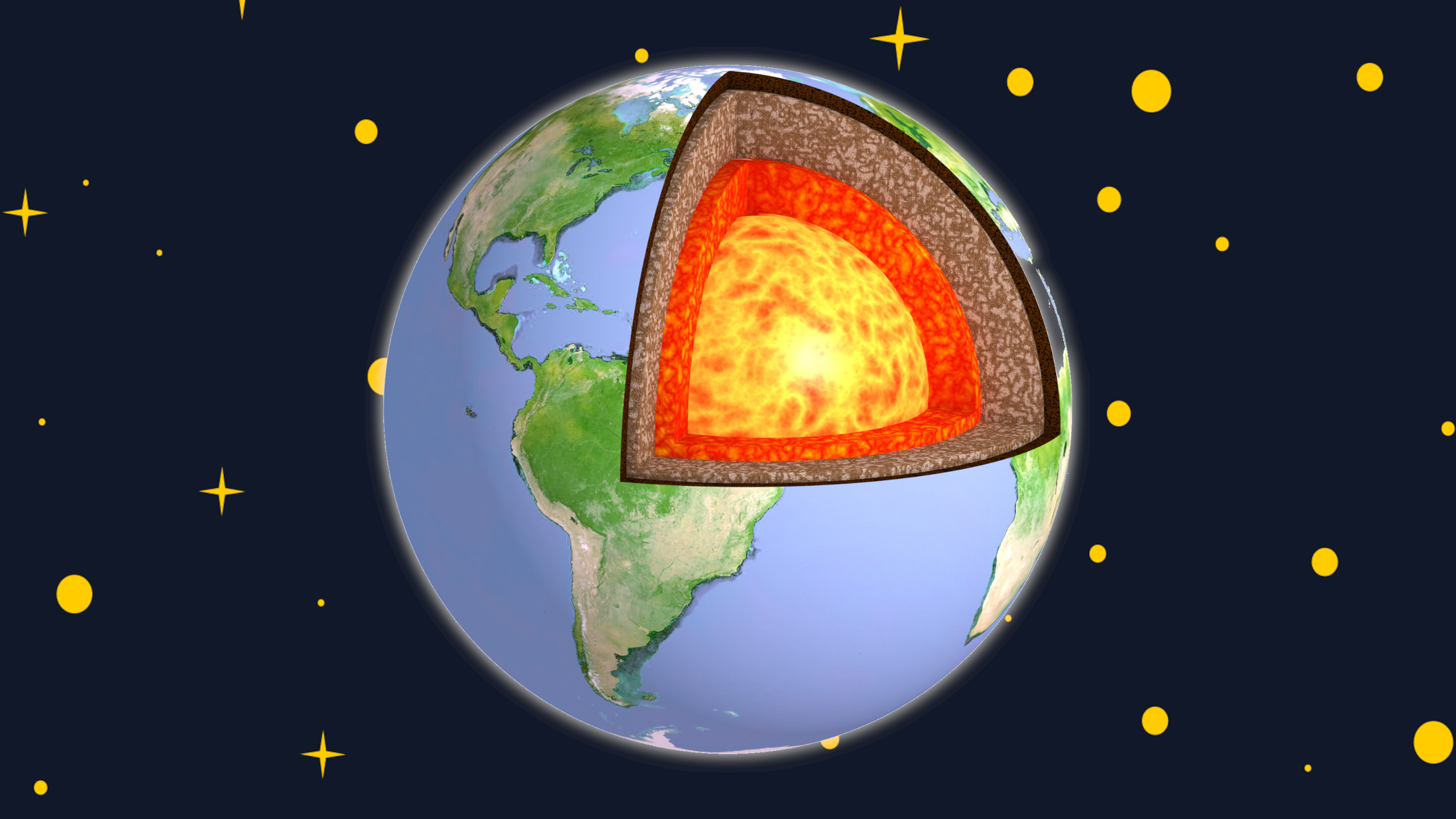BREAKING: Scientists confirm that the Earth’s core has experienced a significant slowdown in its rotation, raising urgent questions about its impact on our planet. This startling discovery, first noted in 2024 by researchers from the US and China, reveals that the core has not only slowed down but has also stopped moving in relation to the Earth’s crust.
This rotation shift, observed through seismic analyses, indicates that the core can fluctuate dramatically, at times moving as fast as the Earth’s crust before appearing to stand still. This extraordinary phenomenon does not imply that the core is rotating in the opposite direction; rather, it signifies a relative slowdown compared to the crust.
The slowdown began around 2009, when the core and crust moved in sync. Researchers now suggest that the core undergoes directional changes every 35 years, completing a full cycle every 70 years. This means that our planet’s internal dynamics are more complex than previously understood.
What does this mean for life on Earth? While the changes may seem minor—affecting day length by just milliseconds—they can have profound implications for astronomical measurements and satellite operations. Moreover, fluctuations in the Earth’s magnetic field and climate patterns may also occur as a result of this core activity.
Experts emphasize that while humans might not notice these changes directly, the ramifications could be significant for technology and scientific observations. The impact on our climate and environment is still being studied, but the urgency of this discovery cannot be overstated.
As global temperatures rise and climate change remains a pressing issue, understanding the Earth’s core dynamics is critical. This latest revelation serves as a reminder of how interconnected and delicate our planet’s systems truly are.
Stay tuned for further updates as scientists work to uncover the full implications of these findings. The world is watching closely as developments unfold regarding the Earth’s core and its effects on our daily lives.
For more information, follow our ongoing coverage of this urgent topic.







































































